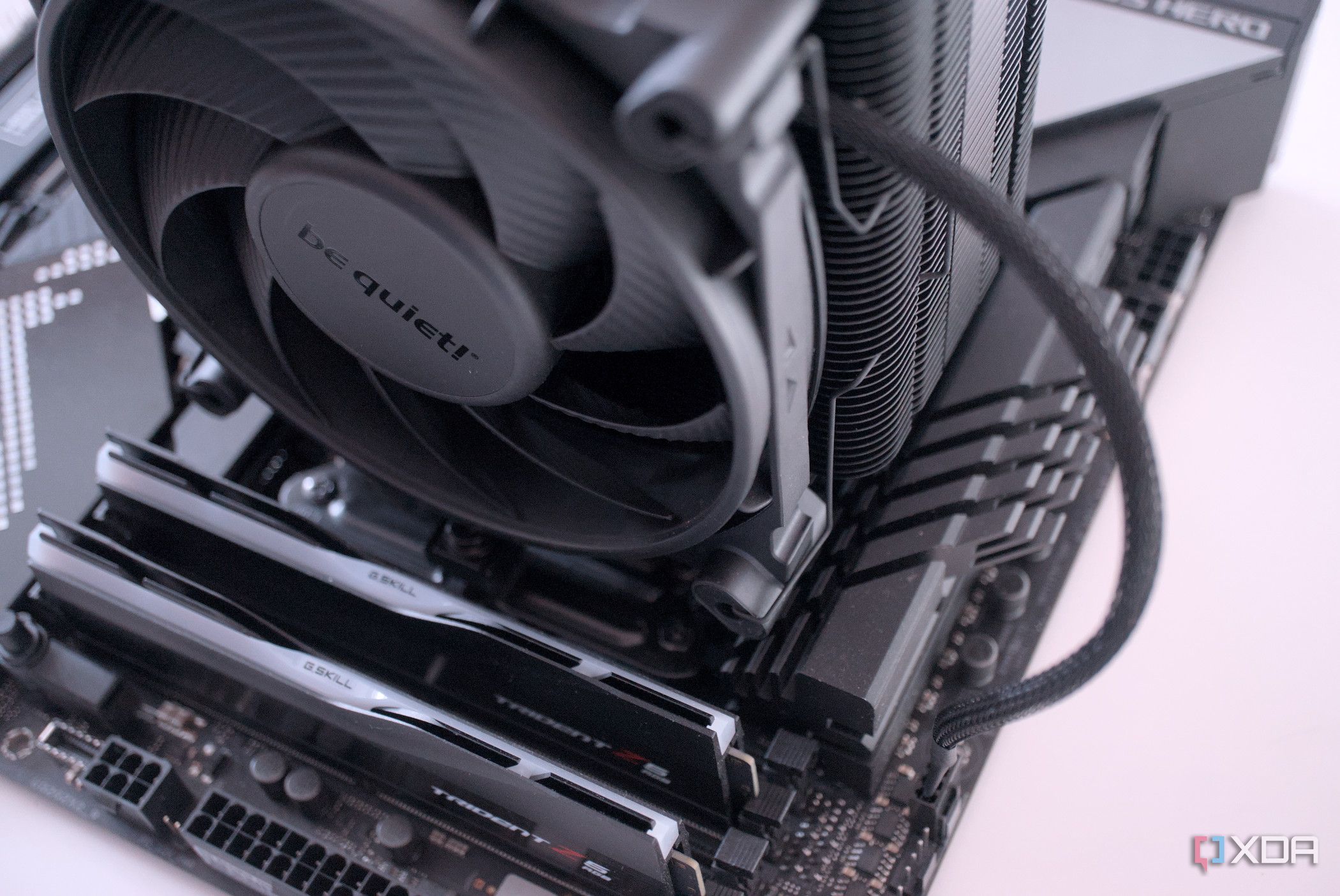UPDATE: PC builders are facing a critical issue as new findings reveal four common mistakes that could be making your computer louder and hotter for no reason. If your high-end rig sounds like a jet engine, it might be time to reassess your assembly techniques.
Recent reports confirm that even the most experienced enthusiasts can unknowingly adopt poor building habits that compromise their systems. Misaligned fans, chaotic cable management, improper thermal paste application, and undersized power supplies can lead to unnecessary noise and overheating. These problems are easily fixable, and addressing them can significantly enhance your PC’s performance and longevity.
WHAT JUST HAPPENED: Technicians and experts emphasize the importance of proper fan alignment. A fan flipped the wrong way can disrupt airflow, creating dead zones that trap heat around critical components like the GPU. Such misconfigurations can raise internal temperatures, leading to higher RPMs and louder fan noise. It’s vital to check the orientation of all fans, including the PSU, to ensure optimal cooling.
IMMEDIATE IMPACT: Users may notice increased noise levels and temperatures as they continue to operate their PCs without making these adjustments. This can lead to shortened lifespans for components and a frustrating user experience. Proper airflow management is crucial for maintaining a cool and quiet system.
DETAILS: Experts highlight several specific issues contributing to overheating and excessive noise. First, fans should be correctly oriented; reversed intake fans can exacerbate heat problems by pulling warm air into the case. Secondly, chaotic cable management can obstruct airflow, forcing fans to work harder and generating more noise.
Using thermal paste incorrectly is another key issue. Applying too much can insulate heat, while too little may leave air gaps between the CPU and cooler. Both scenarios can lead to increased temperatures and louder fan operations.
Lastly, utilizing an undersized or low-efficiency power supply can waste energy as heat, further raising internal temperatures and contributing to noise. It is recommended to invest in a PSU rated at least 80+ Bronze for better efficiency and reduced heat output.
WHAT TO WATCH FOR: Moving forward, PC builders are urged to take a few minutes to improve their setups. Simple adjustments such as reorienting fans, tidying cables, applying the correct amount of thermal paste, and using a high-quality PSU can transform a noisy, hot rig into a cooler, quieter machine.
CONCLUSION: If your newly assembled PC sounds like it’s preparing for takeoff, don’t ignore the signs. Misaligned fans, messy cables, improper thermal paste application, and low-quality power supplies can all lead to overheating and noise. Taking the time to address these issues can make a significant difference, ensuring your PC runs efficiently and quietly.
Stay tuned for more updates on PC building best practices that can enhance your experience and protect your investment!
